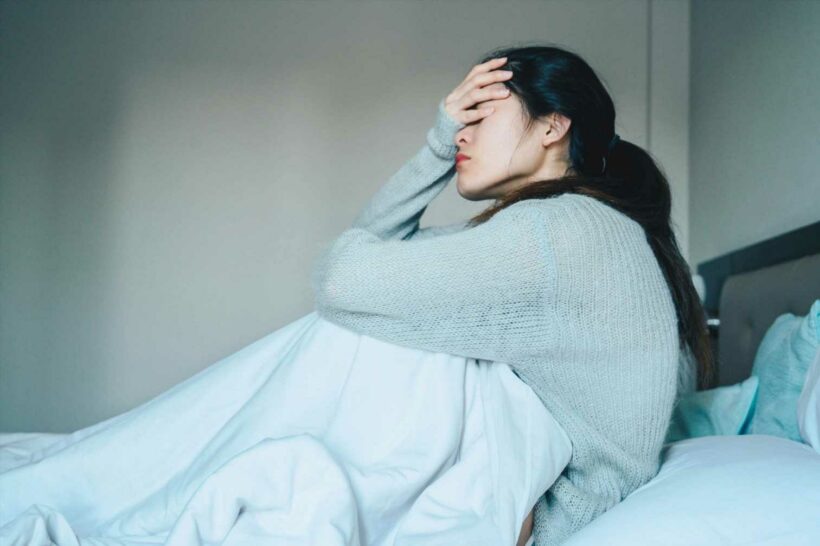THERE are five types of depression and patients need tailor-made plans to treat them, experts have revealed.
Different sub-types of depression will respond in different ways to treatment – suggesting that a one-size fits all approach to mental health could be counter productive.
Experts at The University of Sheffield analysed data from 8,000 NHS patients who were taking cognitive behavioural therapy (CBT).
Their findings, published in Depression & Anxiety show that there are five types of depression.
The five types are mild, severe, cognitive-affective, somatic and typical.
Through further analyses the experts found that different types responded differently to treatment.
Those with the cognitive affective type were more likely to show up to sessions and progress in comparison to somatic types.
People suffering with the typical subtype were also more likely to drop out of treatment than those with cognitive-affective and somatic subtypes.
Lead author of the paper, Dr Melanie Simmonds-Buckley said: "Given how different depression can be from one person to the next, a treatment that works for one person may not work as well for another.
What is depression and what are the symptoms?
Depression is not just a feeling of unhappiness or being a bit fed up for a few days – which is common and totally normal.
Those who are suffering from depression can suffer from an immense feeling of sadness that can last for weeks and maybe even months.
Everyone is different and the condition can manifest itself in different ways but is often described as a total disconnect from all feelings of happiness.
The NHS warns against trivialising depression as not a genuine health problem on its website: "Some people think depression is trivial and not a genuine health condition. They're wrong – it is a real illness with real symptoms."
If you are concerned that you are suffering from depression, you should speak to a doctor immediately.
People tend to wait a long time to report their symptoms but they sooner the issue is reported the sooner people can begin to recover.
If you are worried about a loved one, you can call advice services like Samaritans for free on 116 123.
"Our findings have helped to identify how symptom profiles can be grouped into replicable subtypes of depression, showing that not all patients respond to CBT treatment in the same way.
"We now want to understand which other available treatments work best for patients with each depression subtype to help them to access the most appropriate treatment.”
Around 264 people suffer from depression across the world and only half are thought to make a full recovery after treatment.
Depression is a combination of low mood, negative thoughts and at its extreme, suicidal ideas.
Every 90 minutes a life is lost to suicide in the UK, which is why The Sun previously launched the You’re Not Alone campaign to remind anyone facing a tough time, grappling with mental illness or feeling like there's nowhere left to turn, that there is hope.
Depression is also characterised by loss of pleasure and motivation and changes in sleep and appetite – although not all patients will experience all of these symptoms.
Despite this all of them fall under the label of depression which means patients might not be getting the right care for their needs.
Dr Ana Catarino, Director of Clinical Science at Ieso, and an author on both papers, added: "It has been hugely valuable to replicate our original findings from internet-enabled CBT with patients who have received CBT face-to-face.
"Our hope is that the subtyping algorithm we have developed can be applied more broadly and, ultimately, lead to improved outcomes for patients through a more precise approach to diagnosis and treatment selection.
"The next step towards this goal will be a clinical trial to uncover the specific treatment types that work best for each subtype.”
Source: Read Full Article

